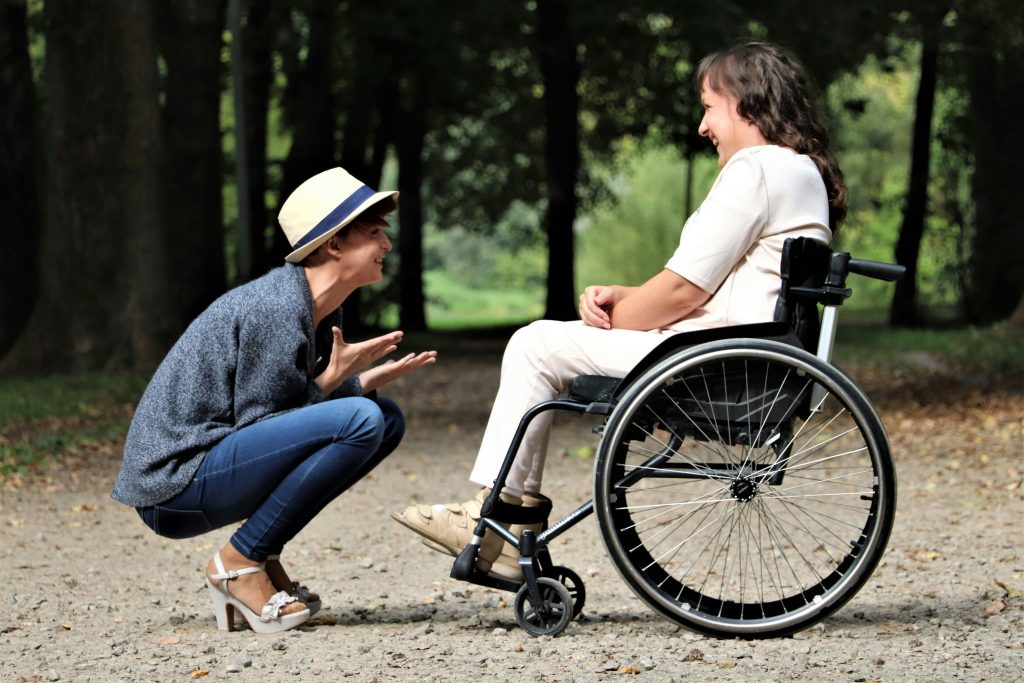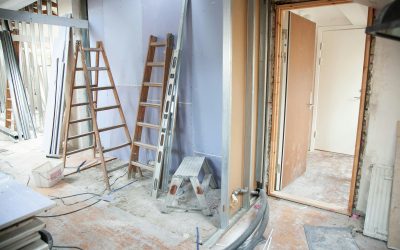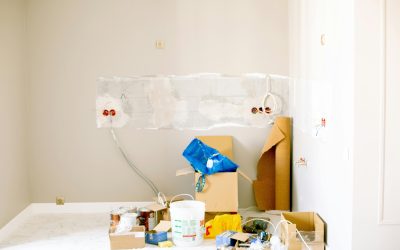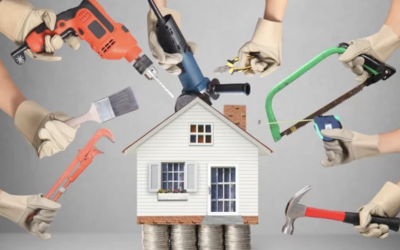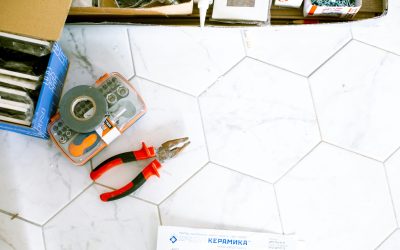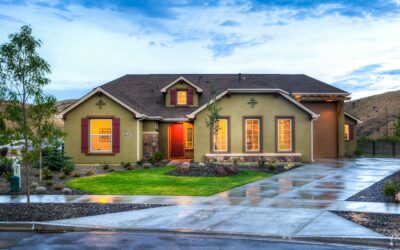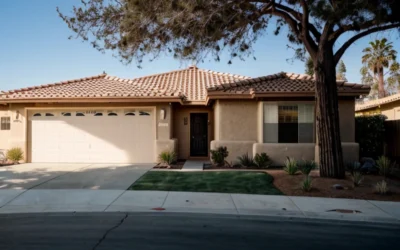Home Improvement Grants for People with Disabilities
Getting a home improvement grant for people with disabilities can be challenging, but not always. Projects such as installing wider doors, modifying kitchen cabinets, and adding a wheelchair ramp can run into thousands of dollars. Before dipping into personal funds or taking out a loan, consider looking into financial assistance from government and nonprofit organizations. These resources can help individuals with disabilities, low-income families, and veterans make necessary home modifications.
Federal Assistance for Home Modifications
The federal government provides various forms of aid specifically geared toward people with disabilities, military service members and low-income residents in rural areas.
Disability Housing Grants for Veterans: The U.S. Department of Veterans Affairs (VA) offers several grants to help service members and veterans modify their homes to accommodate service-related disabilities.
- Specially Adapted Housing (SAH) Grant: This grant offers up to $117,014 for fiscal year 2024. It assists veterans in modifying, building, or buying a home that accommodates their disability.
- Special Home Adaptation (SHA) Grant: This grant provides up to $23,444 for fiscal year 2024 for modifying a home to meet the needs of veterans or their family members.
- Temporary Residence Adaptation (TRA) Grant: For veterans temporarily living in a family member’s home, the TRA grant offers up to $47,130 (SAH-qualified) or $8,415 (SHA-qualified) for fiscal year 2024 to modify the residence.
- Home Improvements and Structural Alterations (HISA) Grant: This grant covers medically necessary home improvements, including accessibility updates to entrances and bathrooms. Service-related disabilities can qualify for up to $6,800, while non-service-related disabilities can receive up to $2,000.
Rural Housing Repair Loans and Grants: The U.S. Department of Agriculture (USDA) offers these loans and grants to very low-income rural homeowners. Grants of up to $7,500 are available for homeowners aged 62 and older, while loans up to $20,000 are available at 1% interest, repayable over 20 years. Both can be combined for eligible applicants. More information is available on the USDA website.
State and Local Home Modification Assistance
State and local agencies often provide additional assistance with less restrictive qualification requirements.
- HUD’s State Information List: The U.S. Department of Housing and Urban Development (HUD) offers a comprehensive state information list that includes housing and homeownership resources. Many states provide grants for home repairs. More details can be found on the HUD website.
- Independent Living Research Utilization (ILRU) Program: ILRU has a directory of organizations supporting independent living for people with disabilities. Some organizations offer funding for assistive technology, while others provide referrals.
- National Directory of Home Modification and Repair Resources: This directory lists home improvement resources for older adults and people with disabilities.
- Benevolent and Protective Order of Elks: This organization offers disability assistance programs in several states. Local offices can provide more information.
- Lions Clubs International: This organization provides donated glasses and hearing aids. Check with local clubs for availability.
- State Housing Departments: Contact your state’s housing department for financial assistance programs. Many city and county governments offer programs for home modifications, including volunteer services and grants. Calling 211 can connect you with local resources.
Nonprofit Home Modification Assistance
Nonprofit organizations also offer financial support and volunteer services for home modifications.
- Rebuilding Together: This national organization has volunteers who make homes safer for low-income families, older adults, and people with disabilities. Qualification criteria and modifications available vary by location. Visit the Rebuilding Together website for more information.
- Modest Needs: This organization provides Self-Sufficiency Grants to individuals living just above the poverty line. Grants can cover accessible home modifications, with average amounts ranging from $750 to $1,250. One household member must be employed, with income from employment, child support, veterans benefits, or retirement. More details can be found on the Modest Needs website.
- National Disability Institute: This institute offers affordable assistive technology loans up to $45,000 to residents of New Jersey and New York. They also provide a list of organizations across the country that help finance assistive technology. Learn more on the National Disability Institute website.
Medicare and Home Modifications
Original Medicare: While it covers medically necessary durable medical equipment like wheelchairs and walkers, it does not cover home renovations. However, some Medicare Advantage plans may cover home accessibility improvements for chronically ill enrollees. Check with your Medicare Advantage provider to see if these benefits are included.
Applying for Home Modification Grants
To apply for a home modification grant, you will need to provide evidence of your disability, income, employment, and property ownership. Preparing these documents in advance can streamline the application process. Visit the U.S. Department of Housing and Urban Development for more details on how to apply.
Other Financing Options for Home Modifications
If grants are not an option, several other financing methods can help you fund necessary home modifications.
HUD Loans: The FHA Title I loan and FHA 203(k) rehabilitation loan are two options offered by HUD. The Title I loan covers projects that improve the “basic livability or utility” of the property, while the 203(k) loan can help you buy a home that needs remodeling or refinance an existing home loan for updates. Rates are typically lower than credit cards and personal loans. Learn more about these options on the HUD website.
Home Equity Financing: A home equity loan or line of credit allows you to borrow against the equity in your home. These loans often come with lower interest rates and use the home as collateral.
Home Improvement Loans: These loans provide quick funding for urgent repairs and modifications. They typically have higher interest rates, ranging from 6% to 36%, depending on your credit score and income.
Costs of Common Home Modifications
The cost of home modifications can vary widely depending on the project, materials, and labor involved. Here are some common modifications and their estimated costs:
- Elevator: $2,600 to $6,300
- Indoor Stair Lift: $3,500 to $10,000
- Lower Cabinets and Sinks: $1,900 to $4,400
- Wheelchair Ramp: $950 to $3,000
- Wider Doorways: $700 to $2,500 per doorway
Starting with the most urgent updates can help manage your budget and ensure the most critical needs are addressed first.
